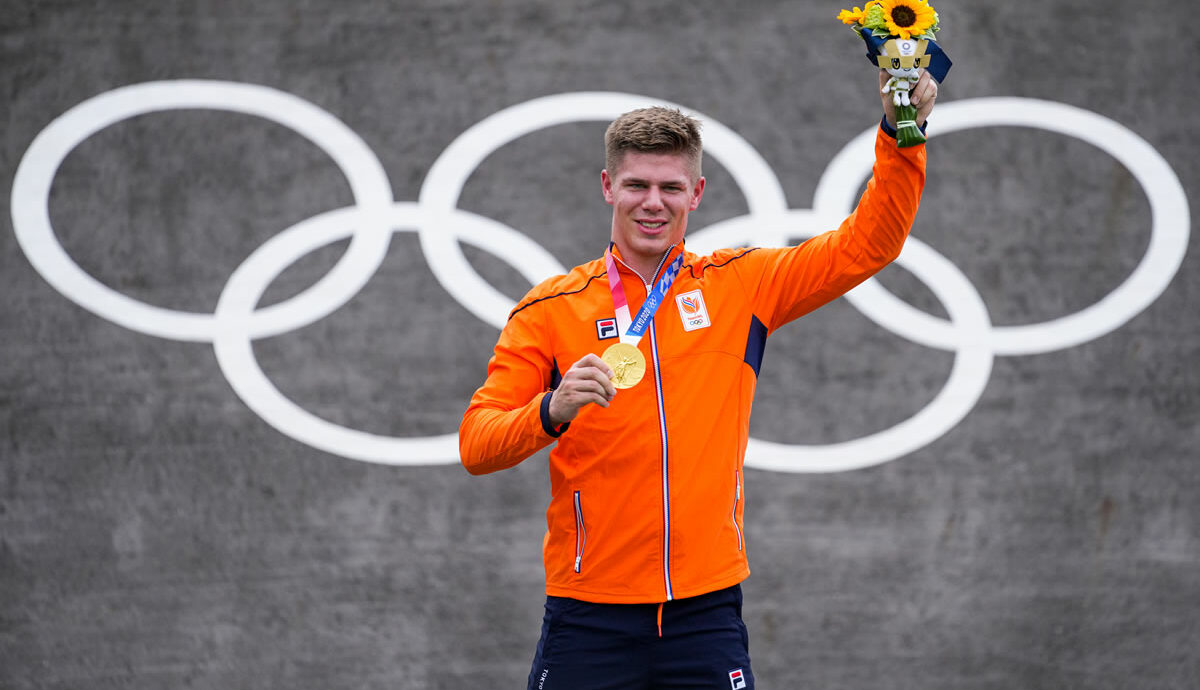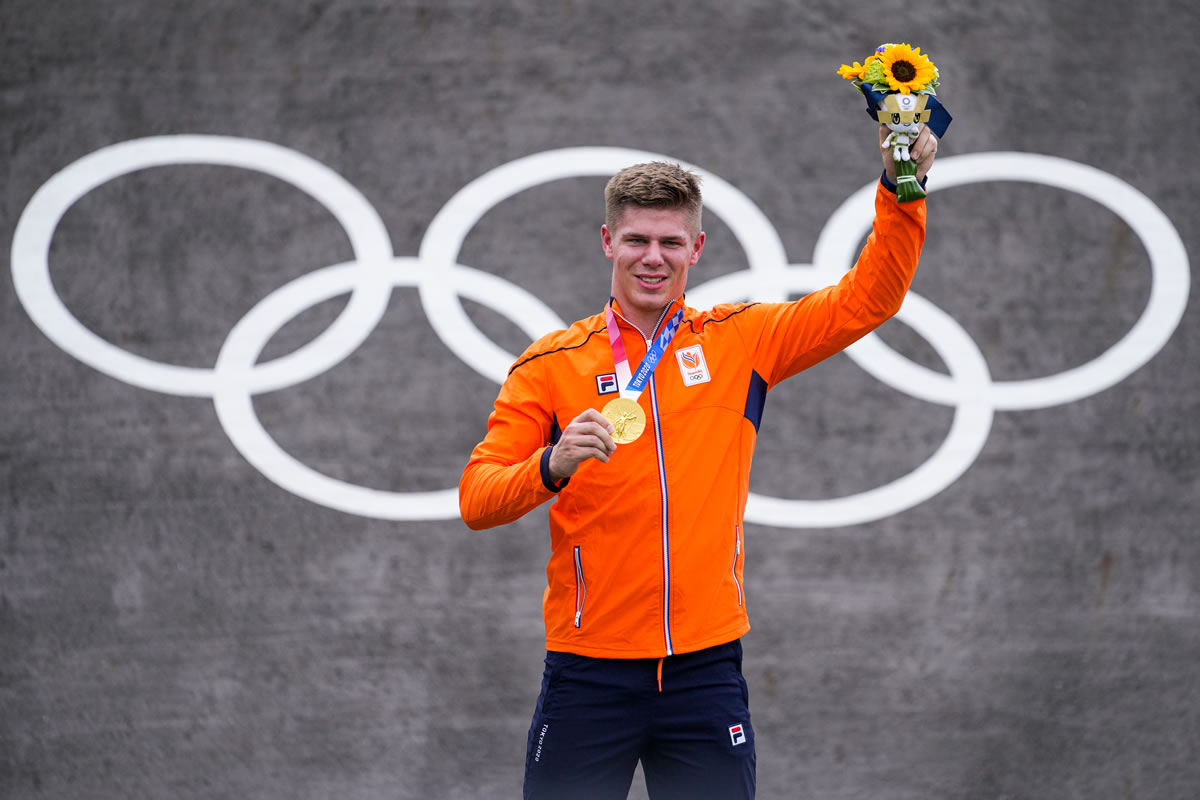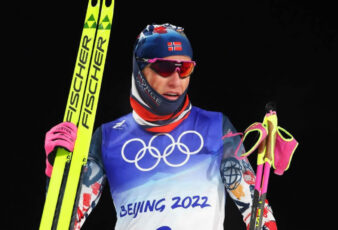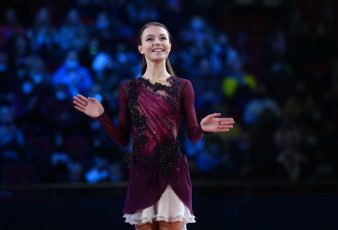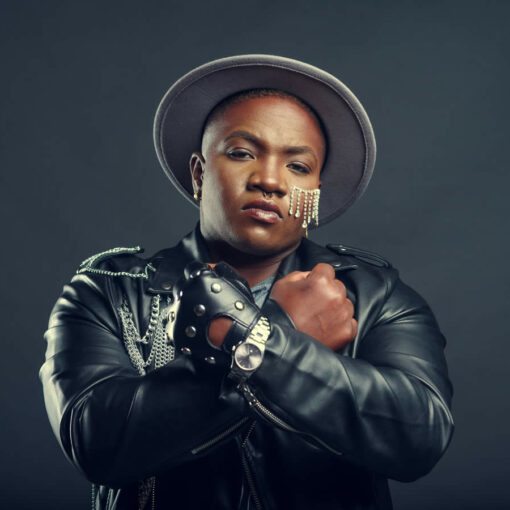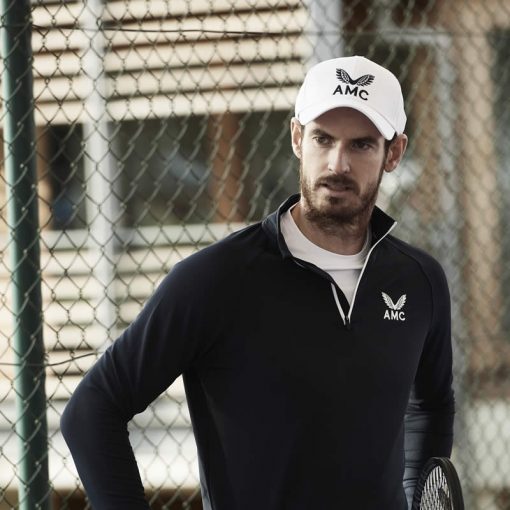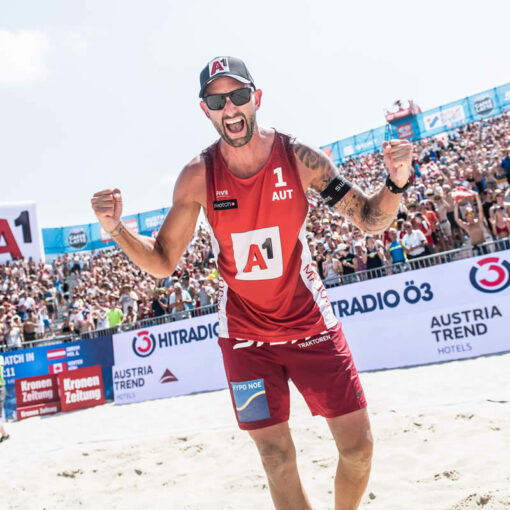“Niek, if you lose, will you be fine?”
I remember my mom asking me that, when I was little, before playing games.
Before playing with anything.
I was a competitive kid at everything, and if I happened to say “no”, then we didn't play. I didn't play, my mother didn't play.
Nobody played.
Once we were bowling with the whole family to celebrate my grandfather's birthday, and when my uncle lingered to chat during his turn, I thought he was making those who wanted to play serious wait.
I think I was 14, and that was the moment I also realized that you should play these games more for the social aspect, than the competition.
I watched the Olympics on TV and thought that everyone did what they did just to win. That there was nothing else to compete for.
I didn’t understand people played just to play, for me that wasn’t fun.
For me the fun was trying to be the absolute best I could be: that challenge was (and still is) what made sports fun for me.
I didn't see the point.
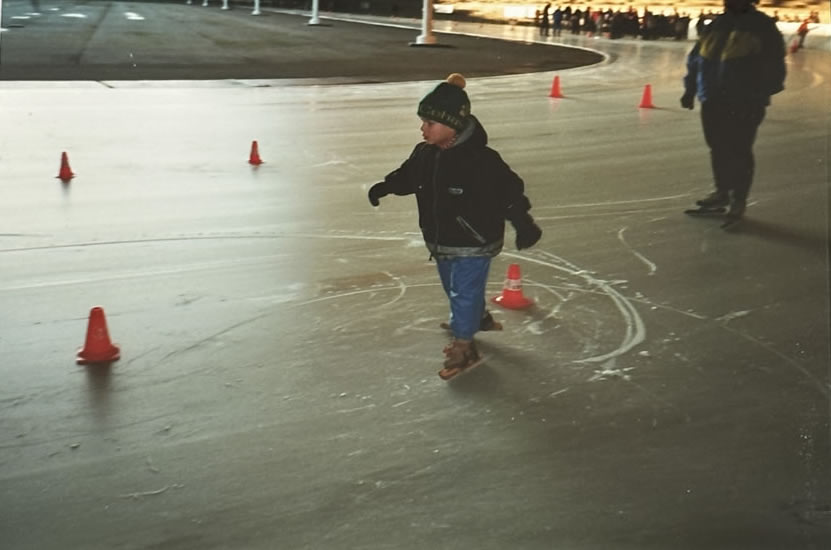
Like a lot of Dutch, I started skating and rollerblading, then one day a friend of mine showed up to school on a BMX, and I fell in love with it immediately.
I mean, I already had a bike, but it was not a BMX.
I didn't even know it was a sport.
And, to be honest, I didn't care at all.
I spent the afternoons with my brother, legs and feet in the mud, preparing our little track with a small shovel. A real one, with jumps and all the rest.
I certainly didn't dream of going to the Olympics.
There was no place for BMX at the Games.
I just wanted to have fun, and the only thing that really entertained me was competition.
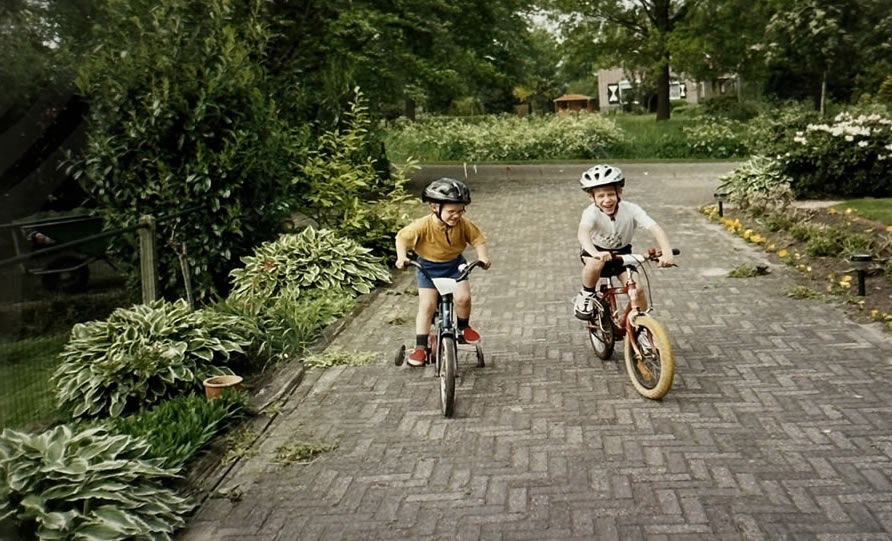
Thirteenth out of thirteen in the first race, because talent, if there was… and apparently there was... was not easy to found.
Then, at age 9, I won my first local competition, and started telling all the teachers at school, that I was going to be a BMX pro, when I grew up. "It's not a real job, you know that?" No, I didn't know that.
And luckily I'll never have to know.
I dreamed big, but not too big.
It would have been enough for me to get there, to the top, among the good ones.
Not necessarily the best.
Not necessarily the one who wins.
But at least being there, where the race is decided, among those who have the skills to go all the way, every time.
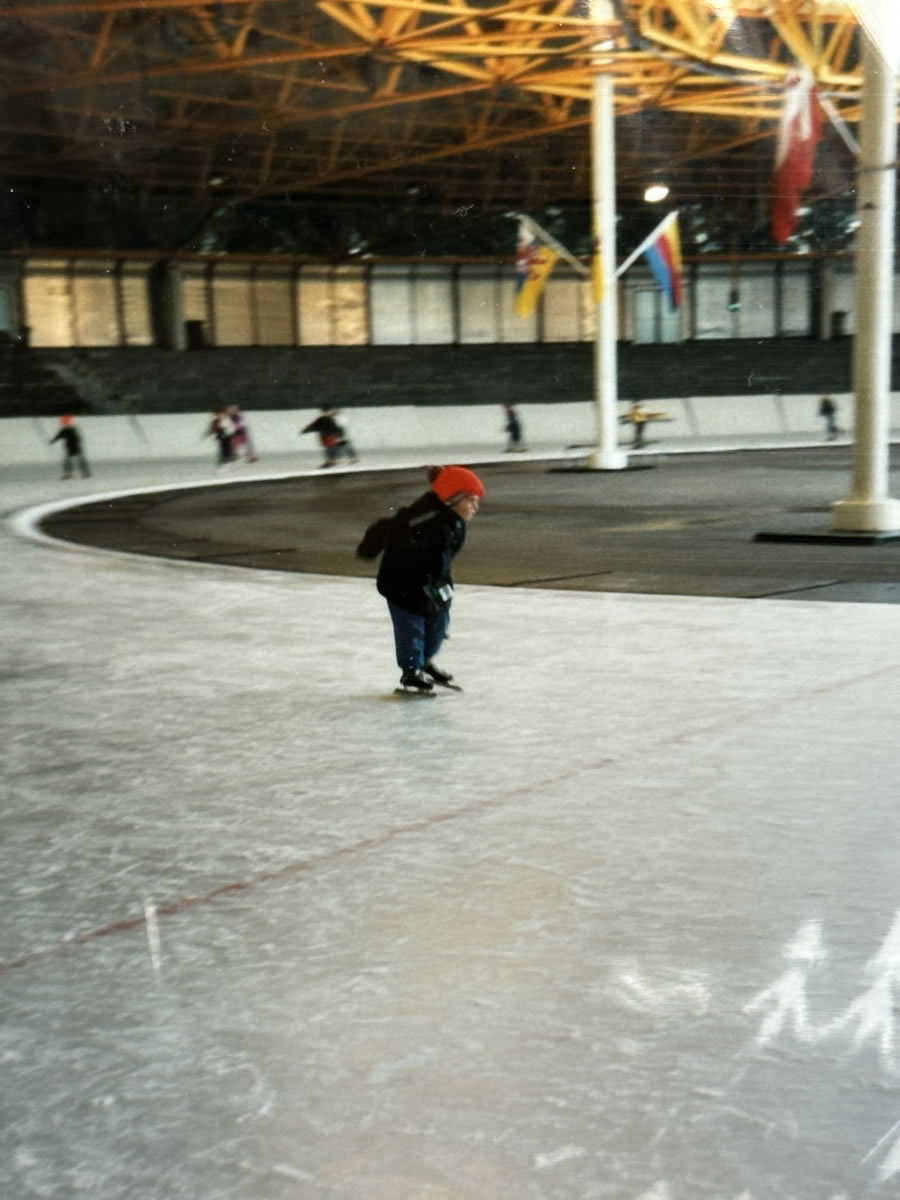
I won my first World Championships at 19, when I still couldn't imagine it.
When I still wasn’t able to dream it, to picture it.
To really understand it.
People asked me how I felt about having won being so young, and not knowing what to answer, I began to understand that maybe I really had something different inside of me.
I had always thought that winning the World Championships was something that could make you live on cloud nine, that could send you to a galaxy far, far away.
Like a space rocket.
But the next day you get up and you still have to brush your teeth, you still have to train, you still have to work hard. You still have to deal with everything around you, exactly as before, because life goes on, and nothing changes.
As Maris Strombergs, one of my idols growing up said: “You never live at the mountain top, you only visit it”.
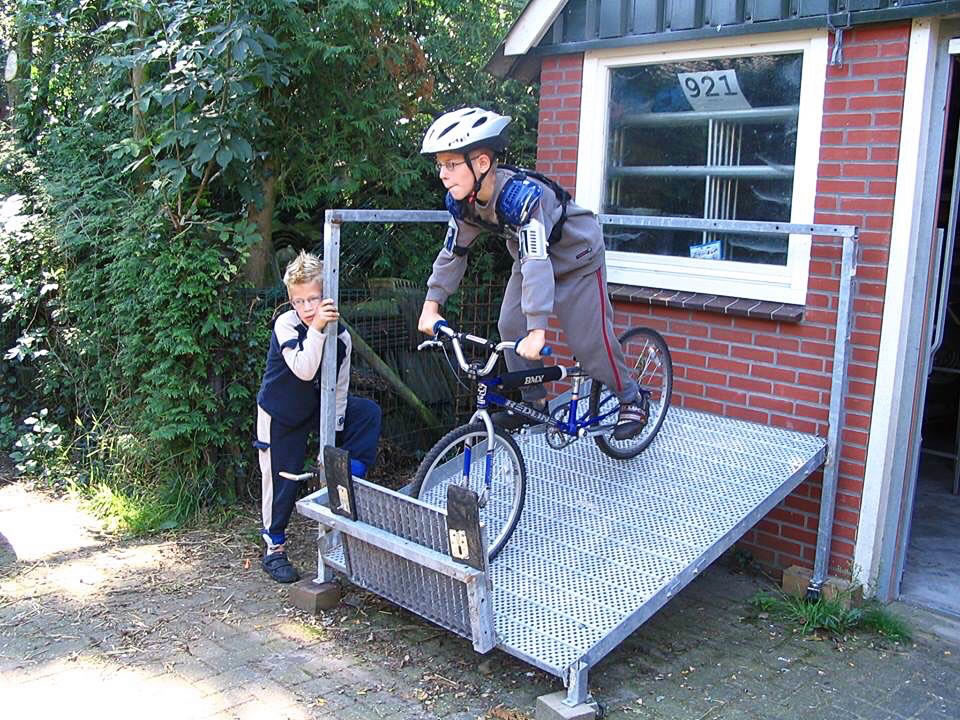
So I hide in something even bigger.
I began to think that, perhaps, the Olympic Games were really different, that perhaps everything there would have had a clearer outline. More absolute.
Impossible to erase, even with the passage of time.
BMX had become an Olympic sport, and I went to Rio as a former World Champion.
Knowing I already won a World Championships at 19, I felt that the Olympics was the only higher thing in the sport that I could still achieve.
I started focusing on the result too much.
I thought everyone would see me as a failure if I didn’t win.
It took away of the joy of the sport, it made me forget why I started riding BMX as a kid, the feeling of freedom, just doing the best I could.
I have a bad memory of those Olympics.
Not so much for seventh place, but because the desire to win had consumed my soul, had drained all my strength.
I felt like the preparation was an unbearable pain, like I didn't want to be there. All your life imagining it, and when it arrives you can't think of anything but leaving, of the desire you have for everything to end soon.
Like I wasted a year of my life. It really opened my eyes.
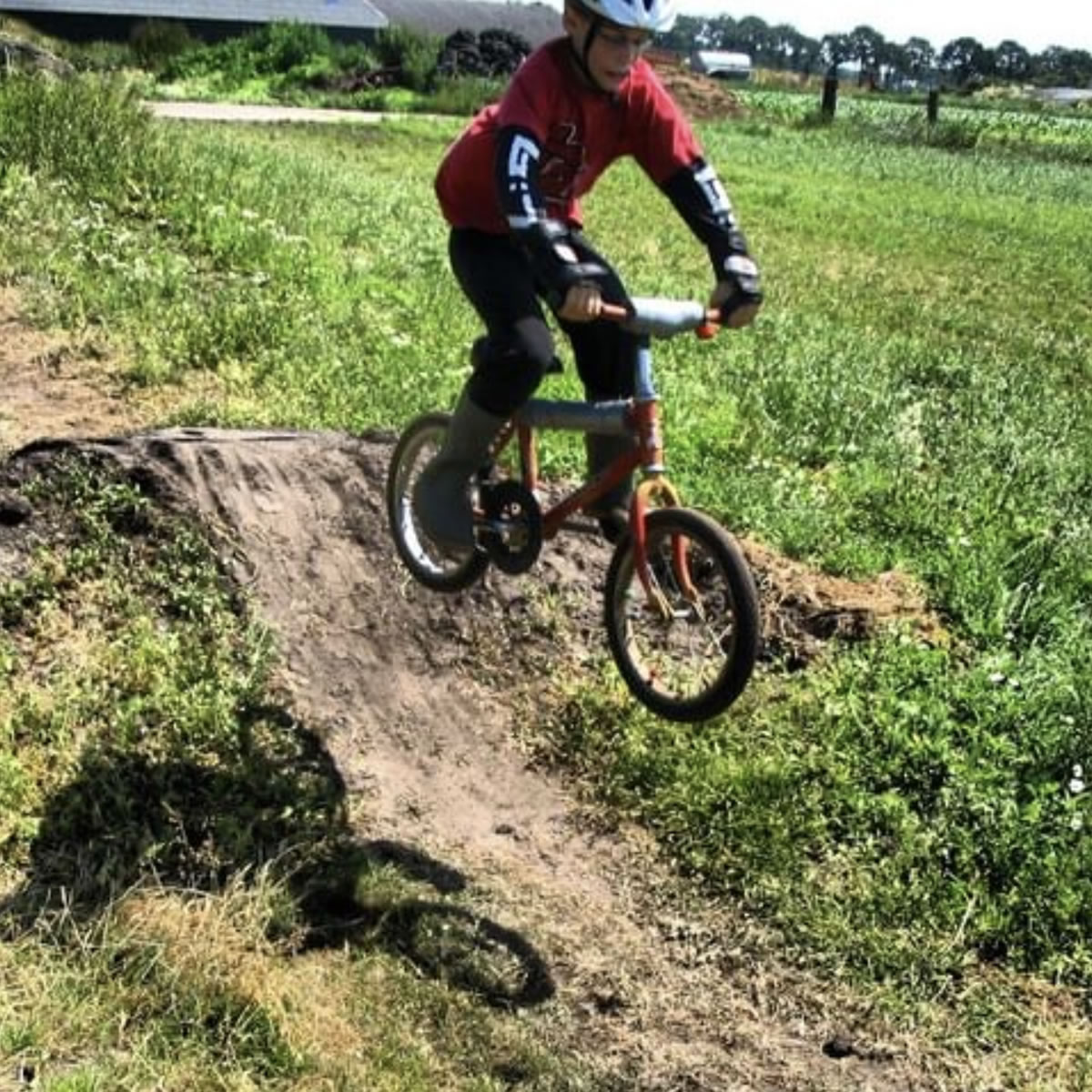
I stood there.
After the finish line I hid somewhere crying.
Realizing I didn’t win a medal.
Knowing I’d have to wait another 4 years to have another chance.
I realized how many things I did wrong in my preparation, and wanted to set it straight immediately, but I had to wait 4 years.
5, in this case.
That moment did make me realize what I had to do different, knowing with how bad of a preparation I was able to finish 7th, I realized what potential there could be if I would learn from it and do it better next time.
I would have eaten those four years, if I could.
I would have gladly left them on the balance of life, just to fly 4 years ahead, already in Japan, still fully aware of the pain of Rio.
Still inside that pain.
A pain that is a little the pain of defeat and a little regret for how you are made, for how your brain works.
And, above all, a pain that I would not have wanted to forget over the years.
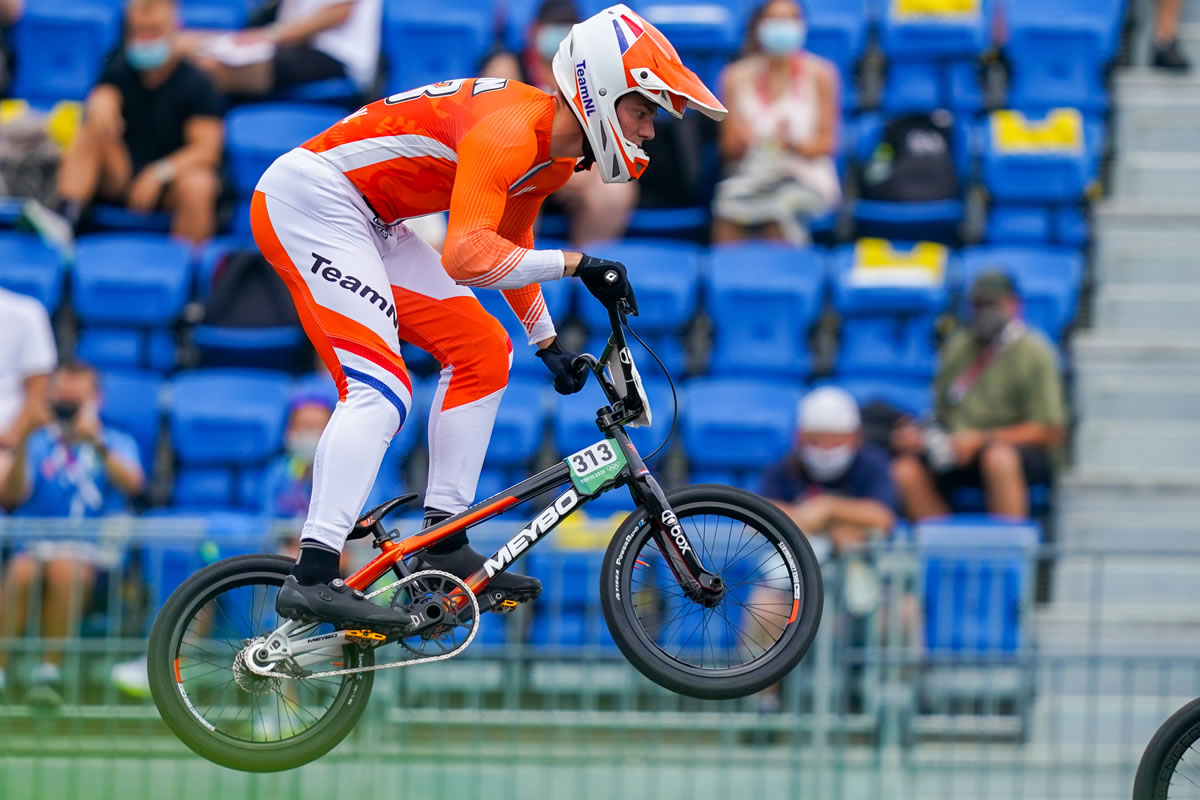
© BSR_AGENCY
Everyone loses in sport.
And in the locker room, after a defeat, you're more lucid than ever.
It all makes sense.
Your little shortcomings, the “not-excellent” practices, the mistakes made in the preparation, the lack of experience.
You also realize how meaningless is the pressure you felt on your shoulders throughout the race, how it disappears as soon as you cross the finish line and how it probably only existed in your head.
You take a shower and leave, as human as before, and only thanks to the defeat, everything finally makes sense. And for an instant, you become the best version of you.
The more aware, the more sharp.
The most ready.
Too bad, however, that you are also as far away as possible from the next race, from the opportunity you will have to prove to yourself and to all the others that you understand, that now you are a new athlete. That you will not go back.
It's a very thin balance, because you have to find a way to keep the feeling of defeat alive in you, to find the daily motivation to build victory. If you forget defeat, you can hail victory.
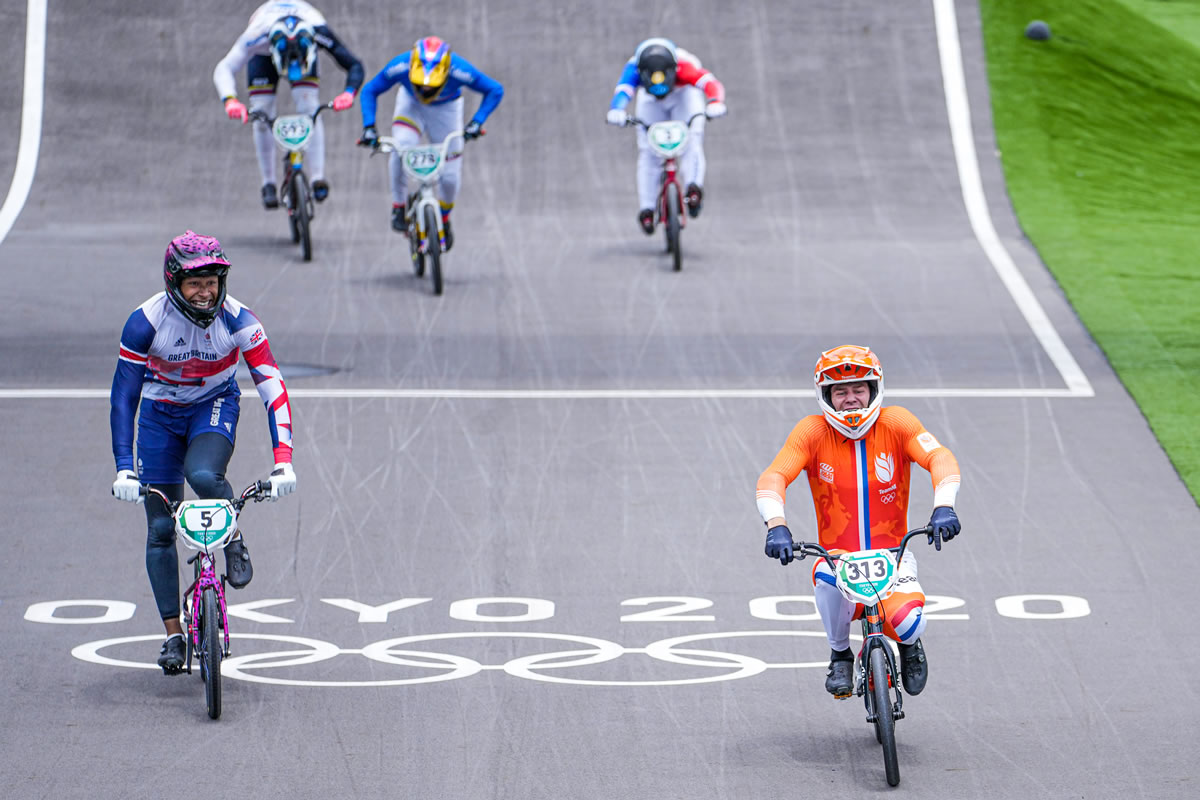
© BSR_AGENCY
And in Tokyo, then, I really won, and I loved every single moment of it.
Despite COVID and despite my family being far away.
I enjoyed the approach as if I were watching my favorite movie, but didn't yet know it was my favorite movie, because someone had written it just for my pleasure. Not even the crash that jeopardized my participation a few days before the start, really made me doubt the happy ending.
It was the happiest month of my life because, until then, I hadn't allowed myself the luxury of forgetting the feeling of Rio, and when I realized that I had arrived where i wanted to be, it was enough to come to my senses, and enjoy the last stages of the journey.
I did the first few interviews, and everything was new and exciting, but then it went on autopilot, because even after the Olympics, I understood, life goes on.
But I keep feeling that, down deep, there is more to it.
I feel that there are other things to learn and completely different emotions to experience, things that I can unlock.
Starting in Paris, where my whole family can watch me compete.
And where will I arrive as reigning champion, a sensation which, Mariana Pajon, who was able to do it, both in London and Rio told me is, once again, different from everything else.
Because maybe what I’m looking for, in sport, is just something new to discover every day.
Niek Kimmann / Contributor


